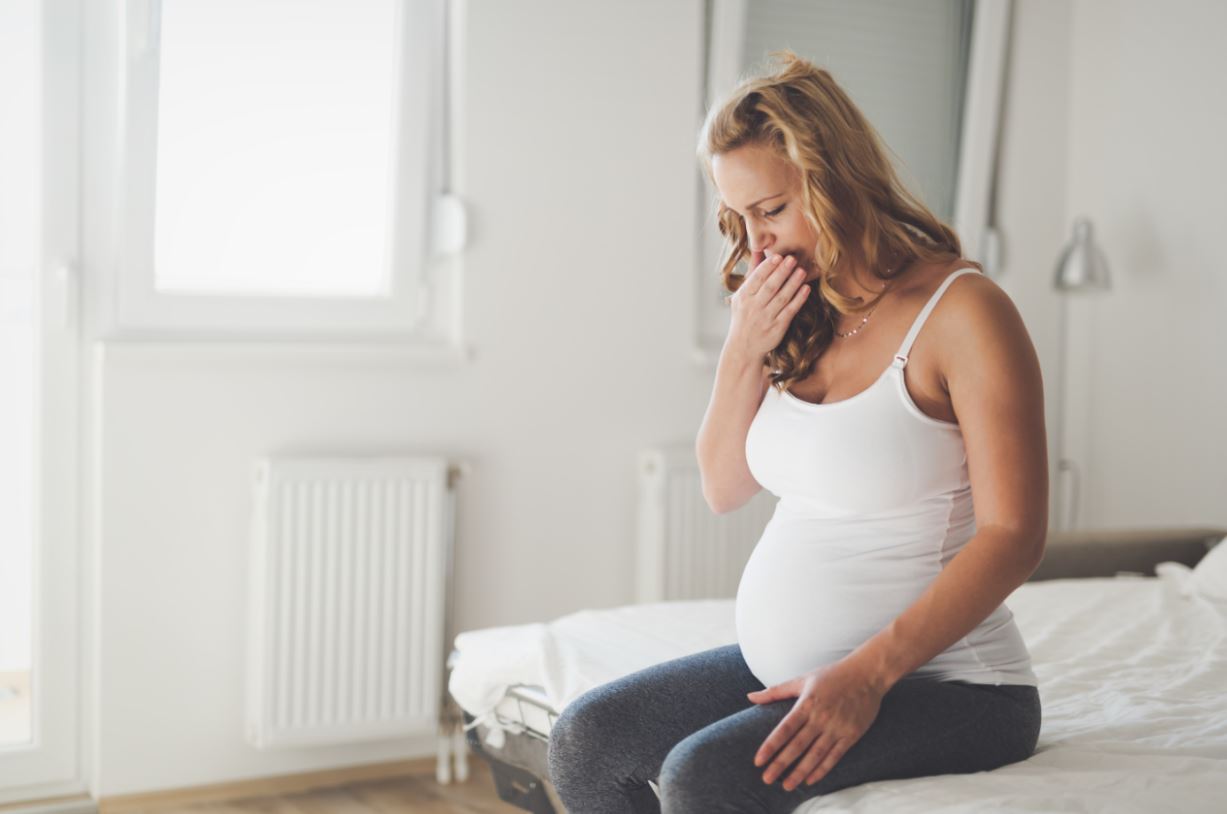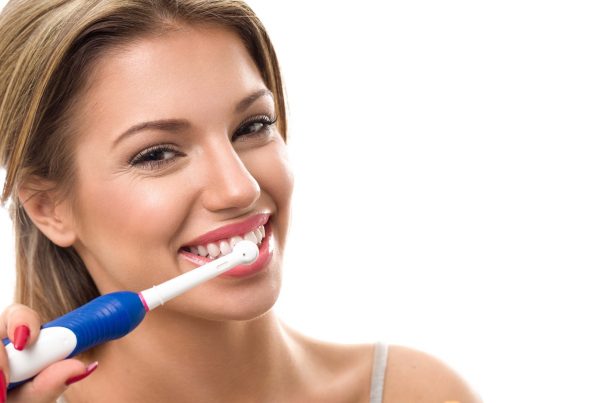Most women will experience nausea and vomiting during pregnancy. It is often referred to as ‘morning sickness’ but it can happen at any time of day. For most women, this will stop around week 14 of the pregnancy however it can last longer. Some pregnant women will suffer with excessive vomiting that can have a real impact on their day-to-day lives. This is known as hyperemesis gravidarum.
Hyperemesis gravidarum is much worse than ‘morning sickness’. Women get prolonged sickness, sometimes vomiting up to 50 times a day. Suffers may not be able to keep anything down, leading to weight loss and dehydration.
It is really important that you consult your midwife or doctor if you think that you are suffering with hyperemesis gravidarum. If you can’t eat or drink, it will affect your overall health and may impact on your pregnancy. The good news is that it is unlikely to impact on your pregnancy and your baby if you get treatment from your doctor. Just make sure that you seek their support.
Hyperemesis gravidarum, morning sickness and your teeth
This advice applies whether you are having ‘morning sickness’ or you are suffering with excessive vomiting during hyperemesis gravidarum. When you are sick, whatever is in your stomach is ejected from your body via your mouth. Your stomach is full of acid that is used to digest food. When you vomit, this acid passes through your mouth and washes over your teeth. If you are regularly being sick, this acid can attack the surface of your teeth, causing damage. We need to find ways to protect and strengthen your teeth to keep any damage to a minimum.
First, let’s think about brushing our teeth. Many women will actually find that brushing their teeth makes them sick. Sometimes this can be because of the strong flavour of the toothpaste or just having a toothbrush in your mouth.
If it’s the flavour of the toothpaste that makes you feel sick, try a 6+ children’s toothpaste. The flavour of a children’s toothpaste isn’t as strong but a toothpaste for children aged 6 years and older will have the same amount of fluoride as an adult toothpaste. This is 1450 parts per million fluoride. Look for 1450 PPM F on the packet. Fluoride is the key ingredient in toothpaste. It keeps your teeth strong and protects them as much as possible against acid.
Some women find that foaming toothpaste makes them feel sick. If this is the case, a toothpaste that doesn’t foam may help. Look on the back of the packet. The ingredient that causes the foaming is sodium lauryl sulphate. If a toothpaste doesn’t contain this, it will not make so much foam.
It may be worth asking your dentist for a prescription toothpaste. This is definitely worth it if you have had a lot of fillings before. Prescription toothpastes contain extra fluoride, providing maximum protection for your teeth. This will help to strengthen your teeth, guarding against decay and acid. Regardless of previous fillings, if you are being sick a lot, it would be worth asking if your dentist would recommend a prescription toothpaste for you.
For general advice on toothpastes, read our article.
If having the toothbrush in your mouth is making you feel sick, it can be really tricky to get right to the back. It’s very tricky to advise you here. You need to brush very carefully. Try to breathe through your nose and don’t force the brush right to the back straight away.
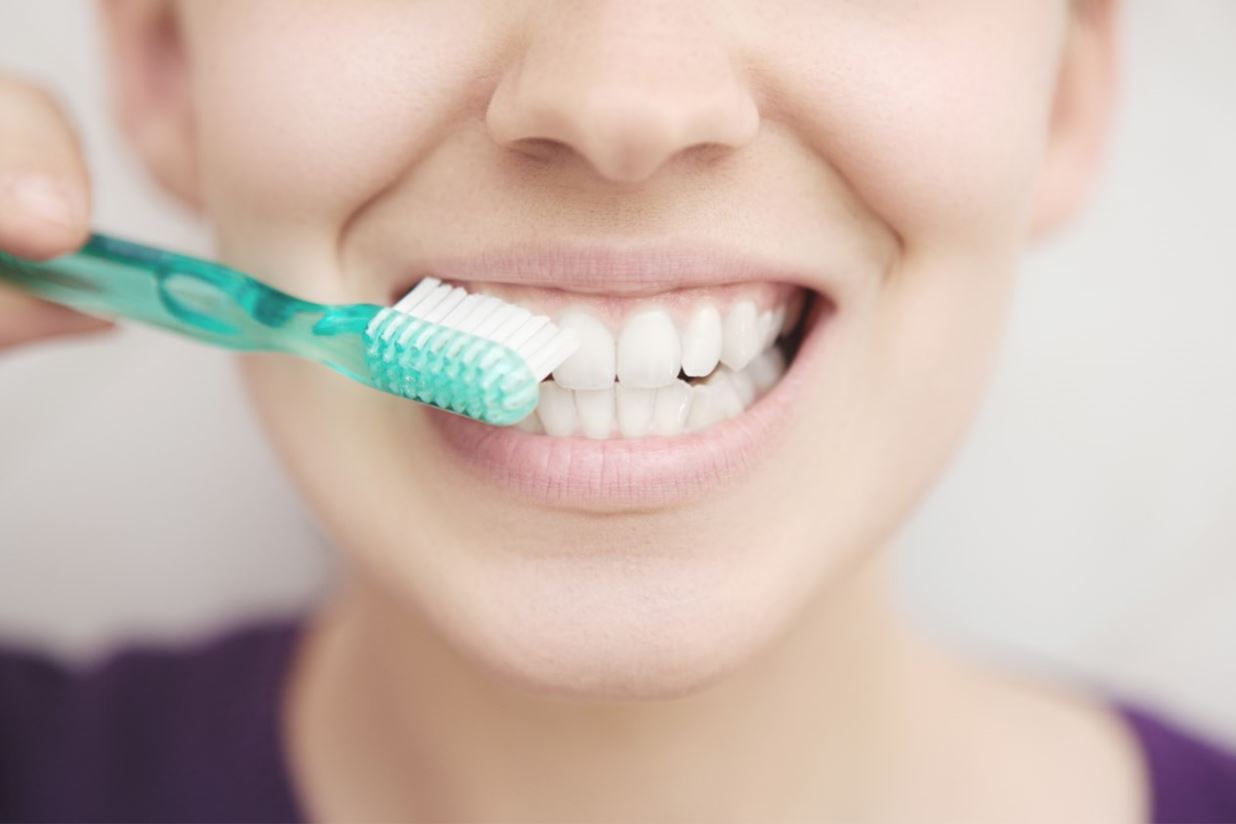
After you have been sick, DO NOT brush your teeth immediately. The acid from your stomach will soften the top layer of enamel and if you brush straight after vomiting, you will brush away this softened layer. You need to wait at least 30 minutes before you brush your teeth.
If you are being sick extremely regularly, a fluoride mouthwash will help. You mustn’t brush your teeth straight after being sick but you can use a mouthwash. Rinsing with a fluoride mouthwash gets fluoride in contact with your teeth without removing the softened enamel that you would do with brushing. If you are being sick regularly, you shouldn’t use fluoride mouthwash every time. You can use mouthwash once or twice a day. If you are being sick more often, rinse with water. This will dilute and remove the acid from your mouth.
Dealing with hyperemesis gravidarum and ‘morning sickness’ is certainly not easy. Remember to seek support from your doctor or midwife if vomiting is becoming excessive. It is vital that you get the nutrition that you need and that you don’t become dehydrated. In these situations, often your teeth will not be your first priority. However, I hope that this article has been helpful.
We’ve got another really handy article for pregnant women on how to look after your teeth. Click here and take a look.
We hope that everything goes well with your pregnancy. If this article raises any further questions, please do get in contact.
Keep updated with the Online Dentist newslettersign up today
Recent Articles
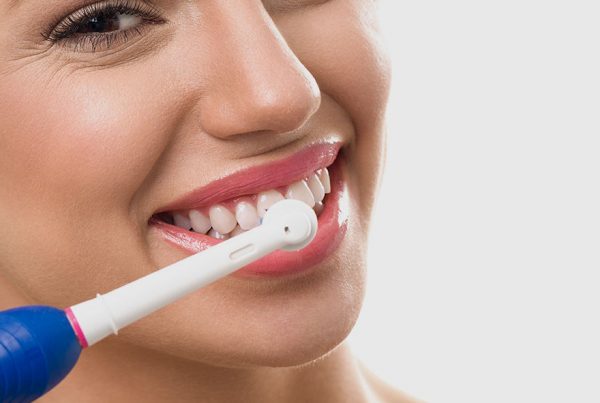 Tooth brushing is the best way we have to remove bacteria from our mouths. The majority of problems with your teeth are caused by bacteria. Bacteria making holes. Bacteria damaging...
Tooth brushing is the best way we have to remove bacteria from our mouths. The majority of problems with your teeth are caused by bacteria. Bacteria making holes. Bacteria damaging...
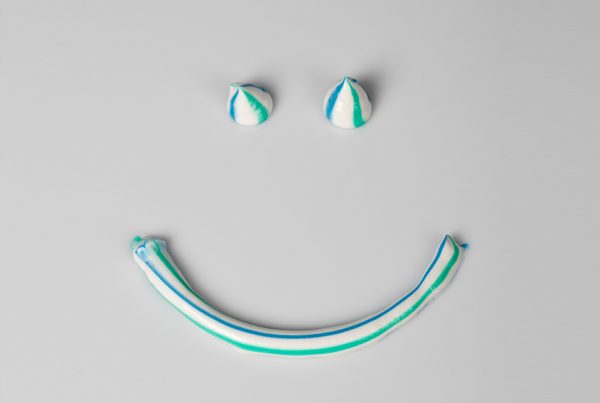 This article is all about toothpaste, what should be in it and why you should use it when brushing your teeth. Forgive me but I'm going to start out with...
This article is all about toothpaste, what should be in it and why you should use it when brushing your teeth. Forgive me but I'm going to start out with...

